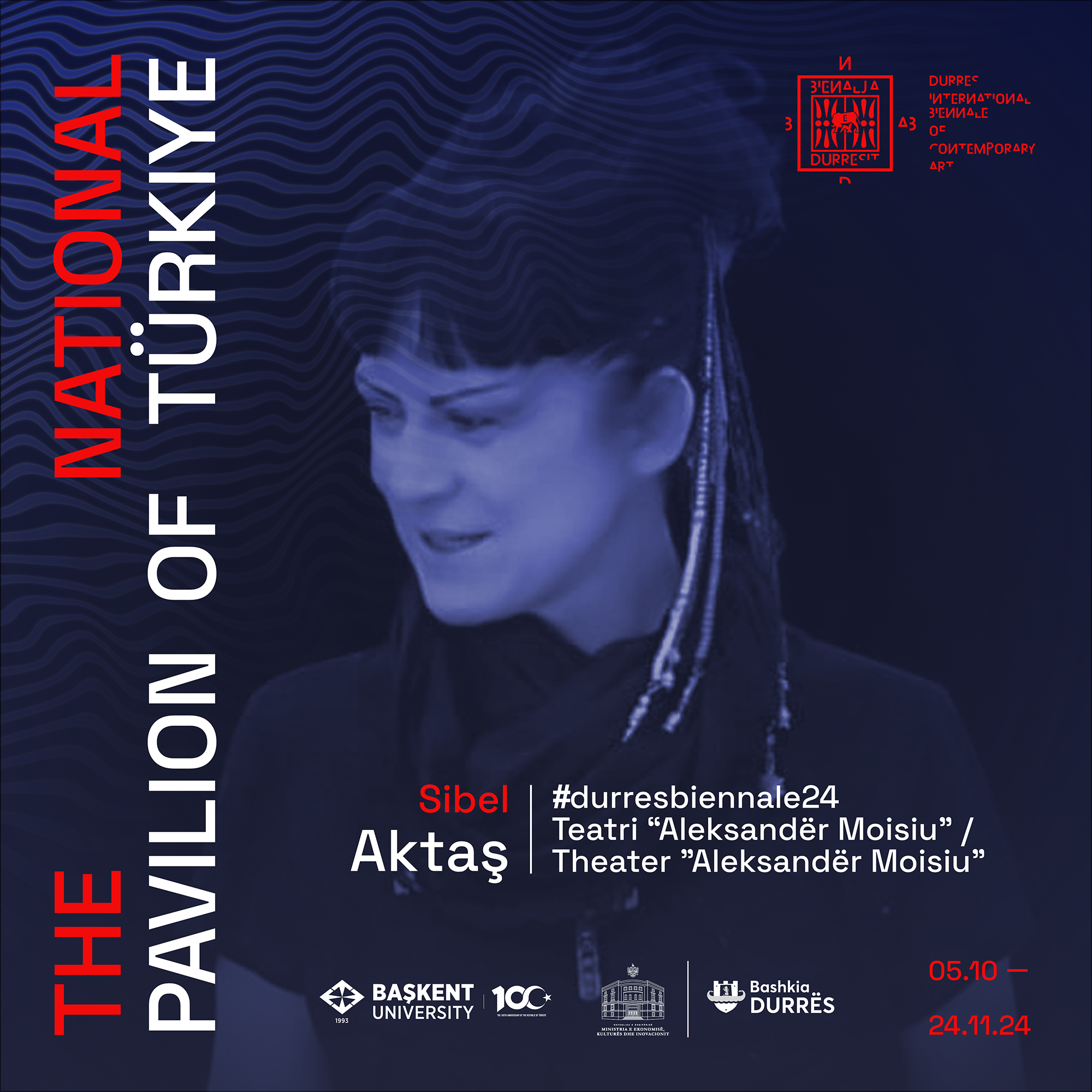Sibel Aktaş

Sibel AKTAŞ was born in 1974 in Ceyhan, Turkey. In 1998, he graduated in ceramics at Gazi University and in 2003, at the same university, he defended his master's degree in ceramics. After university studies, Aktaş started working as an instructor in the subject of Ceramic Technologies at Gazi University. She is the founder and at the same time manager of the art workshop at the Yüksel Ceramic Factory. Aktaş is the author of several solo exhibitions at Bashkent University Gallery (2013-2023), Tugrul Velidedeoğlu Art Gallery (2023) and a participant in many national and international joint exhibitions at Ankara Contemporary Art Center (2023), Contemporary Art Fair Art Ankara (2023) and Istanbul Contemporary Art Fair (2024). In addition to her rich artistic creativity, she is the vice president of the Japan Music and Arts Association, the Chairman of the Board of Directors of the Anatolian Visual Arts Association, the Board Member of the United Association of Painters and Sculptors of Turkey, the Board Member of the Association of Artists on Paper and member of the International Association of Education Through Art (InSEA). She is currently a lecturer at the Faculty of Fine Arts, Design and Architecture at Başkent University and Director of the Center for Applied Art and Ceramics at Başkent University, Ankara, Turkey.
Rules and Limits
Video-art, 36 sec, 2024
The conceptual approach:
Rules and boundaries are often shaped by society's needs, values and priorities. People can create rules to regulate their society, to encourage or discourage certain behaviors. However, the process of establishing and enforcing rules and boundaries can be complicated. Various factors influence this process, including the cultural, historical and social background of the society, the leadership structure, the laws and the conditions in which the society operates. In addition, social acceptance and support are important for effective enforcement of rules and boundaries. While society accepts Rules and Limits, it is also possible for the process to be distorted by people. This may include unfair or wrongful practices based on the interests or biases of the people who make or enforce the rules. It is therefore important that rules and limits are constantly reviewed and improved to ensure that they are set and enforced fairly. Rules and restrictions can be used in workplaces as mobbing (psychological violence) and can turn into coercion. Managers or colleagues in the workplace can abuse their power and use rules and restrictions unfairly or excessively against a person. In this case, instead of maintaining order, which is the original purpose of rules and boundaries, they are used to target a specific person or put them in a difficult situation.
.jpeg)
.jpg)
.jpg)
.jpg)
.jpg)
.jpg)
.jpg)